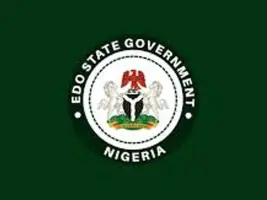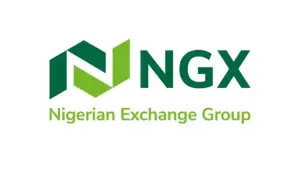The Transmission Company of Nigeria (TCN) has bypassed local manufacturers to award electricity meter manufacturing contracts worth over N160 billion to two Chinese firms, according to the Association of Meter Manufacturers of Nigeria (AMMON).
AMMON's president, Durosola Omogbenigun, revealed in a statement on Monday that TCN, using a World Bank loan, contracted the Chinese companies to supply 1.25 million meters valued at over $100 million, despite calls to patronize local manufacturers who have demonstrated capacity in this sector.
The association expressed serious concerns about the pace of contract execution by the Chinese firms, noting that only 75,000 meters out of the contracted 1.25 million have been delivered so far, with those delivered still remaining uninstalled.
"Despite the dismal failure of the first foreign procurement, TCN is going ahead with another World Bank procurement of 1.55 million meters, which will contribute in no small measure to killing local manufacturing," AMMON stated.
According to the association, indigenous companies possess "100 percent competence" to deliver in electricity meter manufacturing. AMMON highlighted that from 2021 to 2024, local meter manufacturers produced N353.7 billion worth of electricity meters, demonstrating their significant capability in the sector.
"The contribution made by local meter manufacturers, especially from 2021 to 2024, was achieved at the cost of N353.7 billion (at today's price for single- and three-phase meters and excluding the CBN-funded NMMP Project of 850,000 meters). This amount was financed by LMMA/MAPs locally," the statement added.
AMMON has urged President Bola Ahmed Tinubu's administration to prioritize local manufacturers in line with the recently approved Nigeria First Policy, which includes a ban on certain foreign goods.
"Nigeria's metering industry is a cornerstone of national development, and with the right policy support, it can graduate from early-stage manufacturing to full manufacturing, thereby positioning Nigeria as a regional export hub under AfCFTA," the association emphasized.
The controversy comes at a time when President Tinubu's administration is actively promoting local content and manufacturing through various policy initiatives aimed at strengthening Nigeria's industrial base and reducing dependency on imports.













